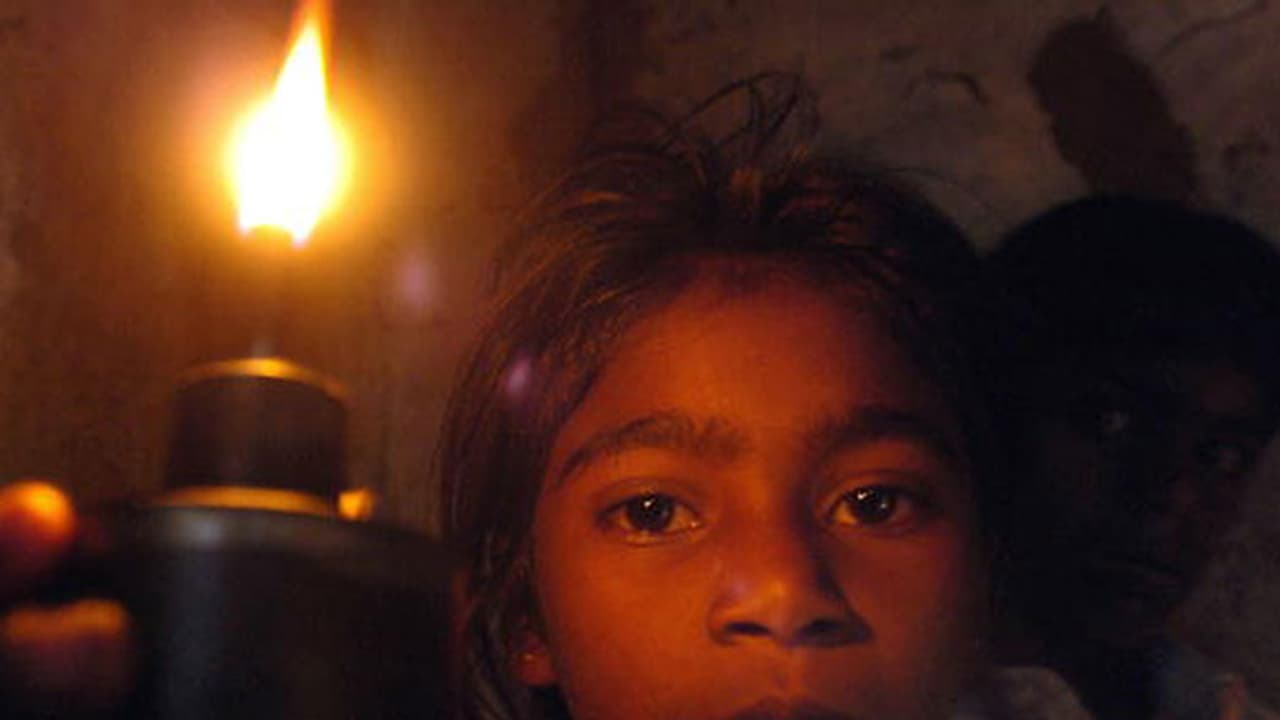As per a central government data about 16.88 lakh households in Karnataka has no electricity. In 2015, PM Narendra Modi introduced Deen Dayal Upadhyaya Grama Jyothi Yojana (DDUGJY) for bringing electricity to rural parts of India. However, finding power companies to take up the project has become a challenge in Karnataka.

In 2015, PM Narendra Modi introduced Deen Dayal Upadhyaya Grama Jyothi Yojana (DDUGJY) a flagship project for bringing electricity to rural parts of India. According to a rural household electrification data by central government, about 16.88 lakh households in Karnataka has no electricity.
Under this DDUGJY project, this year on the month of February, the Rural Electrification Corporation Ltd signed a deal of ₹39,000 crore loan with Karnataka Power Corporation (KPCL) and Bescom for a project to bring electricity in rural Karnataka. This loan was for more than five years, and KPCL is supposed to get ₹27,121 crore, and Bescom is to get ₹12,000 crore for implementing the project.
However, as per the energy department annual report of 2015-16, this rural electrification project might face major challenges, according to a report by a leading daily.
Since the launch of the DDUGJY, tenders were issued in Karnataka, but the scheme repeatedly failed to find any taker. According to the energy department report, tenders for DDUGJY was floated in seven districts with Bescom. However, it received a disappointing response because of which Bescom recalled the tenders.
The Times of India quoted state energy minister DK Shivakumar as saying that in Mandya the project got one bid and hence, the department cannot hand over the project to a single bidder. He confirmed that the department is working on trying to resolve this problem.
The major cause of the issue is land acquisition as farmers are not willing to give away their land for placing the transmission lines and therefore companies are not bidding for this project, the minister added.
Quoting a source from the energy department, TOI reported that, farmers are asking for high rates in exchange for their land. Some farmers are asking for 25% to 30% higher rates from the offered rate making it a difficult choice for the companies.
